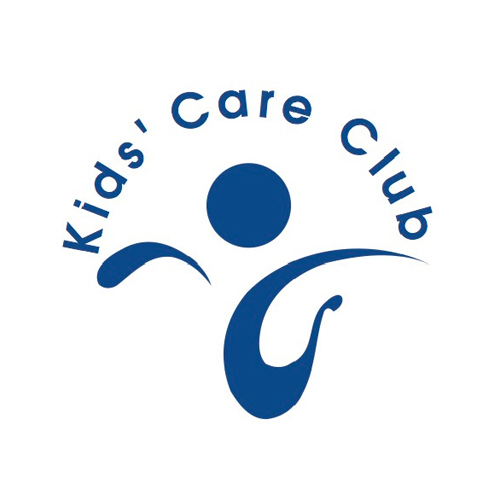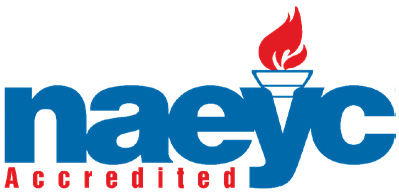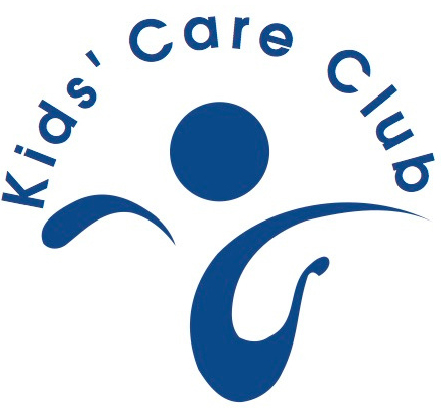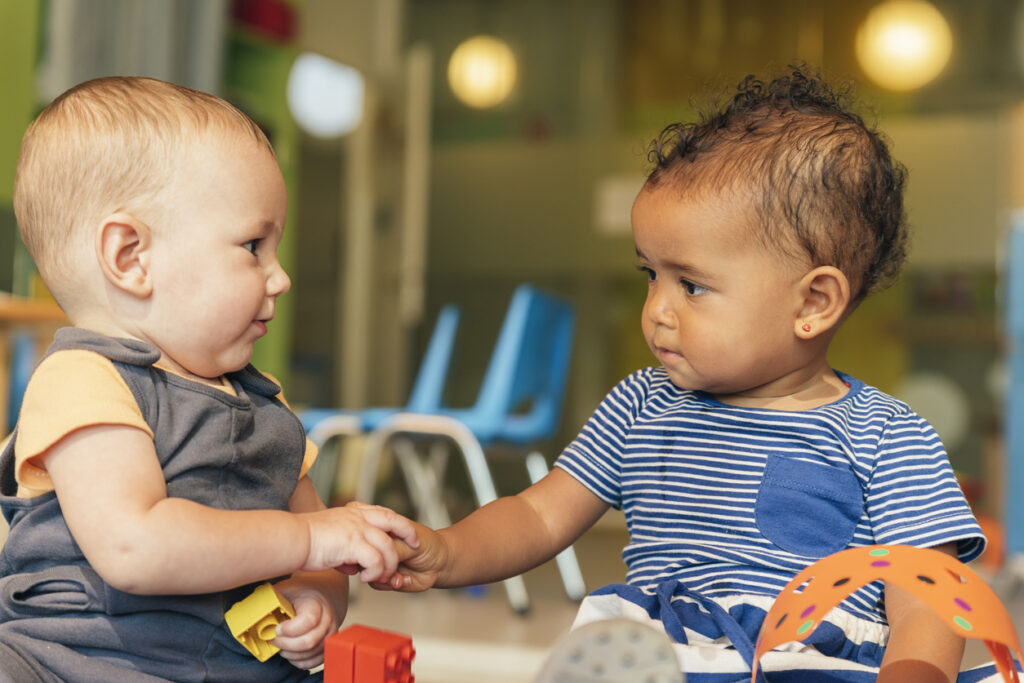Did you know that infancy is the period of most rapid developmental growth after birth? That’s why choosing a daycare center is often one of the most important early decisions that a parent is going to make once they need to go back to work. Your first question may be what age is best to start daycare, but we recommend deciding the need of care based on your family’s unique needs and situation, and prioritize a daycare committed to the highest standards of safety, care, and nurturing.
In a high-quality infant daycare center, your child will build the social skills to build relationships with teachers and other children, explore foundational science and math concepts, and most importantly, learn to regulate emotions to succeed as a toddler, preschooler, and beyond. Key components to your infant’s developmental success are a center’s health and safety practices, an engaging infant curriculum, nurturing and highly trained teachers, and licensing and accreditation.
We recommend using these helpful hints to jumpstart your journey to find a high-quality infant daycare center. Let’s dive in!
1. Health and Safety Practices
What are the infant daycare’s health and safety policies?
Your infant’s safety is number one, and we’re not shy about our safety and health policies to keep your child safe. A high-quality daycare center will have total transparency in its health and safety procedures. Below are some of the most important.
Safe Sleep
Safe sleep practices are one of the most important considerations in our infant class. When considering an infant daycare and touring a center, make sure to check out the cribs in the classroom. They should be slated and in a location where teachers can monitor your baby at all times. The American Academy of Pediatrics also advises against any objects being in the crib. All cribs should be durable and have nothing in them except for a crib mattress and a tight-fitting sheet. No exceptions.
Sick Policy
Infant daycares are not equipped to handle sick children and should have protocols in place to keep all children in their care safe. Here at Kids’ Care Club, we require all sick children to be picked up within one hour of a parent or guardian being called. All children who display any of the following symptoms within the preceding 24 hours should stay home:
- A fever of 100.5 degrees or higher
- Diarrhea or vomiting within 24 hours
- Any undiagnosed rash
- Sore throat or cough
- Earache or pink eye
- Profuse nasal discharge
- An illness that prevents children from participating comfortably in activities
A child should stay home if they have been exposed to any contagious diseases, and the school should notify all parents of children who have been exposed to contagious illnesses. At Kids’ Care Club, we require that all parents report to the center if their child has been exposed to whooping cough, German or regular measles, mumps, chicken pox, diphtheria, pinworm, head lice, or scarlet fever. We will notify all parents of other children who may have been exposed.
Sanitation:
Infants can be messy, but the classrooms should never be dirty! A clean classroom gives babies a place to safely explore without excessive exposure to dirt and germs. Since babies spend so much of their play time on the floor, a shoe-free policy is a good idea.
Here at Kids’ Care Club, we keep our infant classroom clean by disinfecting toys and surfaces throughout the day with fume-free, child-safe disinfectant. We do a deep cleaning of all components of a classroom on a quarterly basis. Each of our classrooms is equipped with MERV grade 8 filters with an air change rate of 10-12 times per hour. With a recommendation of 4 to 6 air changes per hour, Kids’ Care Club’s excellent number of air changes per hour substantially reduces aerosol transmission risks.
2. Infant Curriculum
An infant curriculum is facilitated by close, caring relationships with teachers, a predictable routine, and ample opportunities for hands-on exploration in a safe environment to make learning fun. This includes activities that develop language, math, science discovery, art and drama, and social-emotional skills. These activities will follow a similar flow, but shift and change with daily, weekly, and monthly themes and schedules.
Language Development
In a high-quality infant daycare, you’ll see warm teachers singing lullabies and songs to model conversational skills, naming objects around the classroom to build vocabulary, and engaging in daily conversations. In circle time, your infant may explore pictures and books to recognize sounds, objects, and words. A day filled with babbles, smiles, and squeals of laughter is a telltale sign of early language development!
Here at Kids’ Care Club, we practice baby signs to encourage early communication. We see children as young as 5 months learning to use simple hand gestures, or sign language, to communicate what they need.
Math Foundations
Building a strong math foundation begins at birth, even though it may look a little different than you’d expect. With their teachers, infants will explore cause and effect, making choices and problem-solving, and rudimentary quantity concepts.
Science Discovery
Unstructured science exploration is exciting! Teacher-guided exploration of concepts of taste and smell, hands-on exploration to develop a sense of touch and sound, and using real-life pictures and materials to discover the world are sure to encourage curiosity in your little scientist.
Art and Drama
Art is both expressive and stimulating for gross and fine motor skills. Through supervised use of paint and crayons, imaginative play, and self-expression through movement and music, your infant will engage their senses and most importantly have fun!
Self and Social Development
A key component of an infant’s life is learning about themselves and others. Teachers will facilitate positive interactions with others in both small and large groups and encourage independence as children recognize their own abilities to build a sense of self. Through interactions with others across language, math, science, and art activities, your infant will learn how to express empathy, control impulses, and be positively reassured in their decisions.
3. Teachers
The most essential ingredient in our infant program is our warm, responsive, and highly trained teachers. Let’s learn more about how teachers can serve such an important role with children.
Teacher Qualifications
Teachers should be warm and nurturing and have the early childhood educational background to understand and support your child’s developmental needs. During your tour, learn more about the standard of staff qualifications at the center.
Here at Kids’ Care Club, we select strong, varied, and talented individuals who have been drawn together for a common purpose – to help young children develop a lifelong love of learning. The high quality of our program is due to our staff, about 80% of whom have college degrees. Our average staff retention is 8 years. We understand that the early childhood education field is constantly evolving, and we host three trainings a year and invest in our teachers continuing their education to become the top professionals in the field.
Developmental Portfolios
A developmental portfolio is a collection of records that shows a child’s development over time at a center. These portfolios help capture the child’s unique progress.
Here at Kids’ Care Club, we use the Desired Results Developmental Profile (DRDP) to document the progress made by all children enrolled in our program. DRDPs are completed semiannually and are used to assess several domains of early learning, such as approaches to learning and self-regulation, social and emotional development, language and literacy, and cognition. We round out the developmental portfolio with art samples and written observations of children’s skills.
Parent-Teacher Relationships
A parent-teacher relationship is always important, but especially at the infant age. A high-quality infant day care will have teachers that work with you to create a “home away from home” environment, with personalized care for each infant. It is also vital that your child’s future teachers communicate with you on a daily basis to ensure that your child’s best interest is always served.
At KCC, infant teachers meet with parents before the child joins the program to discuss the child’s needs and care. Teachers are committed to following each child’s unique sleeping schedule, nutritional guidelines, and any other particular needs.Teachers provide daily reports to parents through the Learning Genie app, which includes photos of your child, links to songs and books used in class, important reminders, and updates on daily activities in the classroom. Parents and teachers can also instant message each other directly through the app.
4. Licensing and Accreditation
Licensing
Choosing a licensed facility assures you that your child is in a safe and developmentally stimulating environment. There are no federal regulations on what types of daycare must be licensed, so be sure to understand the local regulations in your area. Here in California, child care centers and family child care providers must be licensed.
Under regulations set by the Child Care Licensing Program, a licensed daycare facility must provide a setting that is safe and stimulating. Every classroom is designed around a strict set of regulations to ensure the health and safety of your child, anything from the distance a sink is from a changing table to adequate square feet per child to play. To ensure compliance, Licensing Program Analysts (LPAs) conduct periodic, unannounced inspections.
Accreditation
Daycare facilities can seek out further accreditation, with the most rigorous standards set forth by the National Association for the Education of Young Children (NAEYC). NAEYC is the largest nonprofit organization that represents early childhood educators, families of young children, policymakers, and early childhood education advocates in the United States. NAEYC accreditation is based on 10 standards of excellence to promote high-quality learning for all children.
Under 10 percent of centers are accredited. To achieve NAEYC Accreditation, a center must go through an independent assessment of program quality by a NAEYC assessor, be approved by the Council for NAEYC Early Learning Program Accreditation, and maintain accreditation by adhering to the same standards with random compliance assessments. Kids’ Care Club is proud to be NAEYC accredited.
5. Gut Feeling
After considering an infant daycare’s approach to safety, a well-rounded curriculum, qualified teachers, and licensing/accreditation status – you should consider your gut feeling. Trust your intuition about a childcare center. Ideally, this will be the school that your infant will be in for the next 5 years. If you feel that the school won’t support your child’s development or your family, don’t hesitate to keep looking.

Schedule a Tour Today
If you’re in search of a high-quality infant daycare in San Diego, we invite you to contact us today to schedule a tour at either our 4S Ranch or Rancho Penasquitos location. We can’t wait for you to see the engaging classroom environment and meet the caring teachers that are eager to provide the expertise that your child deserves.








